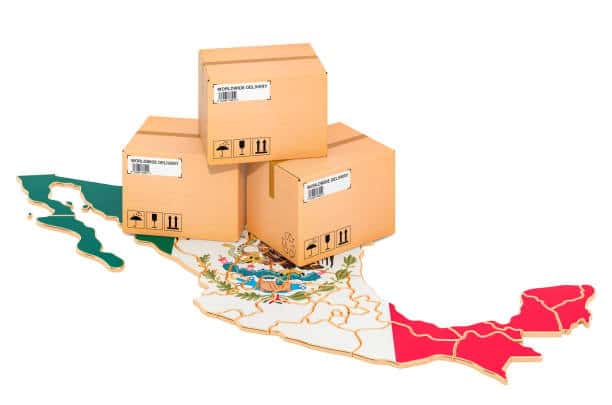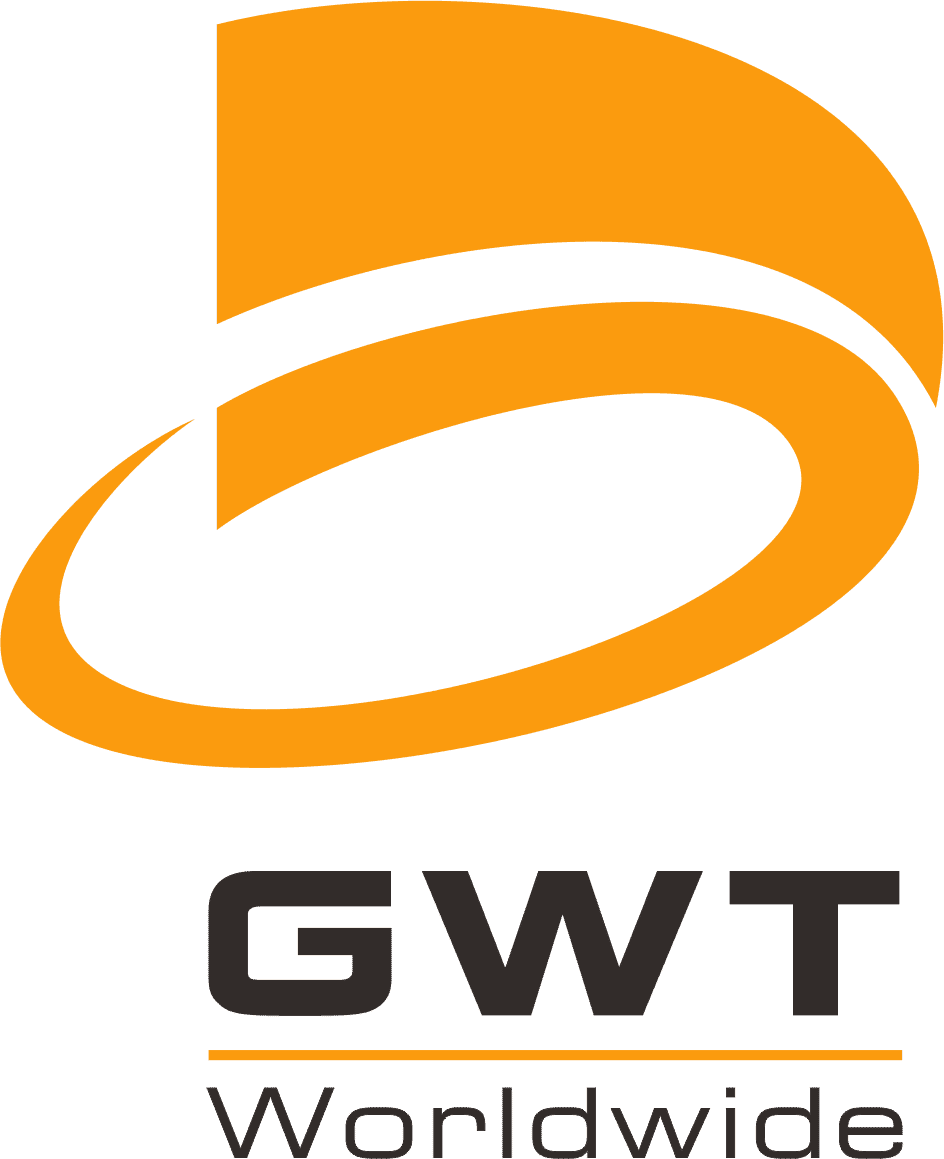Introduction
Numerous nations establish Mexico as their essential trade collaboration partner because the country provides full access to agricultural commodities as well as advanced manufactured products. The central position of Mexico combined with low labor rates and multiple free trade pacts has changed the country into a leading export location for global businesses. This article investigates the complete framework surrounding Mexican imports and importing goods through discussions about regulatory structures together with evaluation of standard goods imports, including the role of mexican customs, and Port of Entry logistics planning and strategic methods to implement operational success.
The Growing Significance of Mexican Imports

The export sector of Mexico has moved forward to establish itself as one of the globe’s leading dynamic export economies. Mexican industry extends across multiple sectors which include car manufacturing, auto parts production, along with electronics production in addition to textile making and agricultural product manufacturing. Mexico serves as a critical element in international supply networks because its annual exports amount to more than $460 billion from various sectors, including importing goods, and its global market extends substantially toward North America.
Mexico’s position as a global trading power received additional strength from trade agreements including USMCA (formerly NAFTA) which provided better market entry options. Through these trade agreements Mexico eliminated excess tariffs to multiple products related to mexican customs which raised the global competitive status for its exports.
Key Products and Industries for Import

Agricultural Products
Year-round fresh produce cultivation becomes possible in Mexico because of its wide range of climatic regions. Top agricultural exports include vegetables, and for those seeking additional information, various resources are available.
- The world imports about 45% of its avocados from Mexico.
- Tomatoes, berries, and citrus fruits
- The regions of Chiapas and Oaxaca produce specialty coffee which leads the global supply market.
- Tequila and mezcal, with protected designation of origin status
The agricultural sector extends its production period because of which Mexican farmers can deliver their products to markets where importing countries face reduced or absent domestic output.
Automotive and Manufacturing

The Mexican economy has become a global leader in manufacturing which focuses mainly on producing automobiles and vehicles :
- Mexico holds the 4th position in global auto exporting markets today.
- The automotive sector in Mexico produces both complex assemblies together with electronic components.
- Major international manufacturers and production facilities now operate across Mexican territories.
North American supply chains integrate Mexico’s automotive industry through productive networks which maximize geographic advantages of each country and optimize efficiency.
Textiles and Apparel
The textile industry forms a major segment of Mexico’s export base.
- Mexico maintains a manufacturing model which excels at rapid production for market reacted applications
- The industry encompasses everything from basic garments to premium denim production
- Multiple companies use “full package” operations to furnish design functions and sourcing together with manufacturing capabilities.
Handicrafts and Artisanal Products
The diverse cultural heritage of Mexico manifests itself through the active handicraft production sector:
- Hand-painted ceramics from regions like Puebla and Guanajuato
- The production of handwoven textiles implements native design elements through characteristic indigenous methods.
- Silver jewelry, particularly from areas like Taxco
- Wooden carvings and folk art with distinct regional characteristics
The products create satisfaction for consumers who desire handmade creations while ensuring the survival of conventional manufacturing techniques with their accompanying cultural traditions.
Regulatory Framework for Importing from Mexico

USMCA (United States-Mexico-Canada Agreement)
The USMCA serves as the new governing framework for trade relations between Mexico and Canada together with the United States after it superseded NAFTA in 2020. Key provisions include working with a mexican customs broker :
- The agreement removes duty tax obligations from qualified imports.
- Updated rules of origin requirements, particularly in the automotive sector
- Enhanced intellectual property protections
- Strengthened labor and environmental standards
Businesses that import goods need to master rules of origin knowledge and document because it allows them to optimize duty benefits under the trade agreement.
Documentation Requirements
To conduct successful importing operations from Mexico and fulfill all requirements listed, it is necessary to maintain accurate documentation.
- The commercial invoice documents products together with their quantities and values.
- Businesses need a Certificate of Origin when they want to claim duty privileges under all active trade agreements.
- A transportation provider must fill and issue both bill of lading or airway bill forms.
- The packing list includes complete information about delivery contents.
- Import licenses are essential to proceed with restricted products including agricultural products and pharmaceuticals and chemicals.
The presence of missing or incorrect documentation at customs may trigger delays and lead to extra checks which sometimes ends in completely denying the shipment.
Customs Procedures
The importation process of Mexican goods to foreign countries follows distinctive customs protocols that these nations uphold:
- Harmonized System (HS) codes establish the assessment of applicable duties and regulations therefore correct assignment of these codes is necessary.
- Specialized inspections frequently target agricultural merchandise as well as other products entering the market.
- The regulations for electronic filing vary depending on the destination country where imports are directed.
- Selected product categories might attract import tax through Anti-dumping and countervailing duty regulations.
Alert experts in Mexican import customs and customs broker who will help businesses overcome the requirements speedily.
Logistical Considerations

Transportation Options
Mexico provides several ways to transport exported goods.
- The majority of items travel to the United States and Canada by truck at Laredo, El Paso, and Tijuana ports.
- Both rail services send large numbers of cars and trucks alongside farm goods and big materials
- Maritime shipping serves the world through routes going east and west while three main Mexican ports handle ocean trade – Veracruz, Manzanillo, and Lázaro Cárdenas.
- Air transportation gets goods that require quick delivery and high value to their destinations swiftly.
The choice of transportation method depends on specific elements like shipment quantity, merchandise worth, delivery schedule and end location.
Border Crossing Considerations
Border crossing serves as a major checkpoint for all ground shipments as they enter or exit lands.
- Wait times vary at a fast speed because of seasonal trends alongside official changes and heightened security requirements
- Feeding cargo through C-TPAT allows customs processing to go faster.
- Shippers should choose crossing points carefully to make freight travel faster.
- Companies need drayage trucks between national boundaries due to official rules that block direct transportation.
Logistics partners who have experienced border crossing processes know how to help companies improve their crossing methods.
Supply Chain Security
Security needs to be prioritized in all Mexico importing operations for every importer .
- The problem of cargo theft appears in specific transportation zones.
- GPS tracking and monitoring systems give users live updates about their shipments.
- Your chosen route should include security analysis before selection.
- Having proper insurance that covers Mexican shipment transactions is recommended as protection against potential risks.
Businesses that import from Mexico put various security plans into action by verifying their transport providers and using secure storage areas.
Establishing Successful Import Operations

Finding Reliable Suppliers
Determine reliable Mexican suppliers at the start of your business process:
- Organizations interested in consumer goods should attend ANTAD Expo exhibitions while existing manufacturers find connections at Mexico’s Auto Industry Summit trade shows
- The government trade agency ProMéxico helps businesses find suppliers through listing services and business connections.
- Manufacturing districts throughout Mexico focus in specific sectors including industrial equipment in Monterrey and electronics in Guadalajara where companies find easier supplier access.
Companies must inspect facilities directly plus seek customer feedback and prove supplier technical skills in their evaluation process.
Quality Assurance Strategies
A reliable product quality maintenance system needs proper planning.
- Clear specification documentation with detailed requirements and acceptable tolerances
- The company reviews its factories regularly to see if they meet industry standards and follow company rules.
- When qualified third parties conduct tests of products before shipping
- Our testing programs match the specifications needed by target markets
- Certificate verification for regulated products
Importers and exporter conduct thorough quality checks across different supplier evaluation and product manufacturing stages until the goods reach final delivery.
Payment Terms and Financial Considerations
The financial agreement system must protect both companies against business uncertainties.
- Letters of credit create security needs because they reduce risks from first transactions.
- Companies can start trading without payment terms as their business partnership grows stronger
- Movements in the exchange rates between Mexican pesos and foreign currencies need effective financial planning.
- International financial connections assist companies to handle their cross-border money transfers more efficiently
Trade finance products built for Mexican exporters enable them to fund production until payment arrives from abroad.
Cultural and Communication Factors
Good cross-cultural business relationships need everyone to understand how different cultures work.
- Mexican businesses place heavy emphasis on their personal networks above financial dealings
- More parties than obvious ones will participate in making key choices
- Companies should expect indirect communication during business interactions compared to other global markets
- Companies continue to see the value in Spanish language knowledge even though most export-focused organizations use English as their main business language
Putting resources into multicultural training and building relationships brings significant lasting success.
Emerging Trends and Opportunities

Nearshoring Movement
Companies are shifting their supply chain production to nearby locations because the world now recognizes its supply chain weaknesses.
- Companies want to decrease their reliance on Asian manufacturing suppliers who are far away.
- Recent worldwide event interruptions have shown us why companies need production facilities close to their markets.
- Making products near customer destinations makes firms hold less stock and react better to market needs.
- Mexico has ready manufacturing systems that expedite business expansion.
Major businesses that nearshore to Mexico produce electronics medical devices and automotive components.
E-commerce Facilitation
Mexican companies now use online shopping platforms more often to reach customers.
- Direct-to-consumer shipment capabilities are expanding
- Fulfillment businesses now help companies sell their products across international borders.
- Simplified customs procedures for lower-value shipments streamline the process
- Online marketplaces enable Mexican small-scale producers to link with worldwide buyers
Smaller importers can now tap into Mexican product supply because recent changes make smaller orders easier to handle.
Sustainability Initiatives
Society and the environment have become vital business concerns for companies.
- Mexican producers secure more business opportunities because they add Fair Trade and organic standards to their certification programs.
- The production sector in Mexico uses more sustainable power sources as electrical sources every year.
- Consumer needs and government standards drive companies to reveal their labor policy information.
- Goods from Mexican sources create smaller carbon footprints than products sent from other faraway providers
Companies that import these products can use their sustainability features to fulfill their own environmental targets and customer demands.
Challenges and Risk Mitigation
Intellectual Property Protection
Success in intellectual property protection comes through planned actions, so it’s important to note thi .
- Applying trademarks patents and design registrations through the Mexican government authorities
- Clear confidentiality provisions in supplier agreements
- Selective sharing of proprietary technologies and processes
- The company must watch markets to find problems with intellectual property rights.
Mexico possesses powerful intellectual property protection laws now but people who hold these rights must watch closely for misuse.
Regulatory Compliance
Compliance spans multiple jurisdictions, and businesses must ensure alignment with mexican authorities.
- Export rules from Mexico apply to both export documents and permits as well as tax records
- Destination nations require importers to meet product safety requirements.
- Industry-specific regulations such as FDA approval for food products or CPSC requirements for consumer goods
A full compliance control strategy must work with both the land of production and the target country boundaries.
Supply Chain Disruptions
Planning a backup helps companies handle possible supply chain issues.
- Companies maintain alternative supplies while interruptions happen through secondary supplier programs
- Companies use inventory positioning to safeguard essential products and materials
- Companies can use different transportation means to handle changing situations.
- Vulnerability testing lets us find new danger points.
Supply chains in Mexico now demonstrate better resilience thanks to advanced risk management that suppliers, importers, and processed fruit producers use.
Case Studies: Successful Import Strategies
Automotive Components
A top-level automotive supplier employed diverse manufacturing options in different Mexican manufacturing areas for better supply chain security.
- Electrical components sourced from Juárez
- Precision machined parts from Monterrey
- Plastic injection molding from Querétaro
By creating diverse supply chains across Mexico this company protected its operations from individual region risks but stayed close to North American markets.
Organic Agricultural Products
The company that sells organic foods and beer built a complete system to buy fresh produce from Mexican sources.
- Direct relationships with grower cooperatives
- Investment in cold chain infrastructure
- Certification support for small producers
- They help farmers plant at specific times to deliver supplies every season
Traditional farming methods stayed alive through an operation system that delivered consistent supplies.
Artisanal Home Goods
They produced specialty merchant stores by marketing handmade crafts from Mexico, which are often unique in their manufacture .
- Designer collaborations with traditional artisans
- We teach workshops to build producers’ capacity in export production processes.
- The company shared stories between customers and manufacturers in their product experience.
- Our quality control process maintained product genuineness while making sure Our brand strategy positioned itself as premium due to its provenance in Mexican heritage and skilled artistry.
Conclusion
Many global supply chains are turning toward more regionally stable production locations and Mexico grows as their primary location due to this shift. The country offers essential advantages to businesses through its developed factories and trade deals along with its manufacturing skills and ideal location.
The top importers from Mexico build successful connections by taking care of transaction needs plus building relationships and ensuring good quality and sustainable practices. By effectively managing imports from Mexico, companies can establish competitive benefits through fast and excellent deliveries of distinct products that customers want, and they may also visit suppliers to build relationships mexican customs brokers.
Companies seeking benefits from Mexico imports need to research each product sector as an importer nd partner effectively to build operational systems that will make their sourcing work well. Mexico stands to increase its significance in worldwide supply network connections as existing trade developments continue china.




